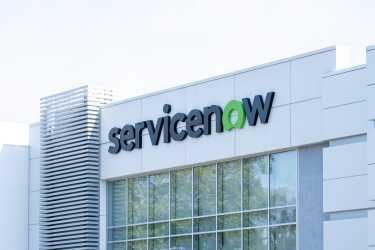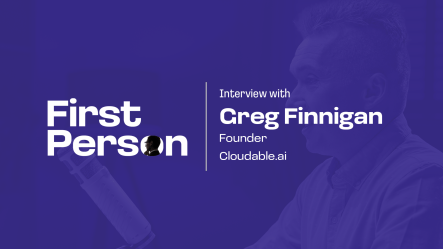Adobe has launched AEP Agent Orchestrator and six AI agents for building, delivering, and optimizing customer experiences and marketing campaigns. Agent Composer, coming soon, will aid with customizing and configuring agents.

Adobe today announced the general availability of Adobe Experience Platform (AEP) Agent Orchestrator and six AI agents for building, delivering, and optimizing customer experience and marketing campaigns. The company also announced the coming release of Experience Platform Agent Composer for customizing and configuring AI agents based on brand guidelines and organizational policy controls.
“These agents allow customer experience teams to significantly up-level, by orders of magnitude, what they’re doing,” says Daniel Sheinberg, senior director of product and strategy for Adobe Experience Cloud. “Maybe you’re managing tens of customer journeys right now. You ought to be able to manage hundreds of journeys going forward.”
Adobe previewed Agent Orchestrator and a number of agents at Adobe Summit in March. Agent Orchestrator leverages semantic understanding of enterprise data, content, and customer journeys to orchestrate AI agents purpose-built to deliver targeted, immersive experiences with built-in data governance and regulatory compliance. It’s intended to help customers manage agents from Adobe and across third-party ecosystems.
“Everything that we’re doing with generative AI and agentic technologies is focused on our goal of delivering personalization at scale on behalf of our customers,” Sheinberg says.
Orchestrating agents
Underpinning Agent Orchestrator is a reasoning engine that leverages decision science and language models to interpret user intent from natural language prompts. It then determines the appropriate agent to activate based on that intent.
“You can have a single pane of glass,” Sheinberg explains. “Instead of somebody having to say, ‘I want to talk to your customer support agent now or I want to talk to your product agent now,’ it allows you to just ask whatever question you want.”
In response, the reasoning engine will orchestrate across the underlying agents.
The AI agents Adobe made generally available today include:
- Audience Agent, which analyzes cross-channel engagement data to create and optimize audience segments
- Journey Agent, which supports customer journey ideation, analysis, and optimization and creates journeys based on defined goals, optimizing touchpoints based on aspects such as customer drop-off while uncovering insights to fine-tune interactions
- Experimentation Agent, which helps personalization teams simulate new ideas and perform impact analysis
- Data Insights Agent, which analyzes signals across an organization to help visualize, forecast, and remediate customer experiences
- Site Optimization Agent, which boosts customer engagement through always-on support for brand websites that can automatically detect, recommend, and fix issues
- Product Support Agent, which leverages knowledge sources and organizational data to help customers resolve issues, and now includes troubleshooting support, including case creation and tracking
“We’re not trying to produce thousands of different agents,” Sheinberg explains. “We’re trying to produce domain expert agents, so it will probably be in the order of tens of agents over time.”
Sheinberg notes that Experience Platform Agent Composer is “coming soon.” It will help customers fine-tune agent actions and shorten time-to-value. Developer tools will include an Agent SDK and Agent Registry. Sheinberg says the tools will help developers build, extend, and orchestrate agentic apps. It will come complete with use cases and user personas.
The goal is interoperability, both allowing third-party agents to work within Adobe’s agentic framework and making it possible for Adobe’s agents to provide services in third-party environments.
“These are tools that we’ve been using to build agents ourselves, and now we’re exposing them externally so that people can build within our framework,” Sheinberg says.
Composer will help partners, such as Microsoft, enable integration between Microsoft Copilot and Adobe’s agents.
The first use case for Composer will be Brand Concierge, which Adobe plans to launch next month.
“This will be the UI that our customers use to adapt the concierge to their specific use cases, their brand voice, their customer base, their objectives for new customers,” he says.
Adobe’s agentic AI partnerships include Cognizant, Google Cloud, Havas, Medallia, and Omnicom.









